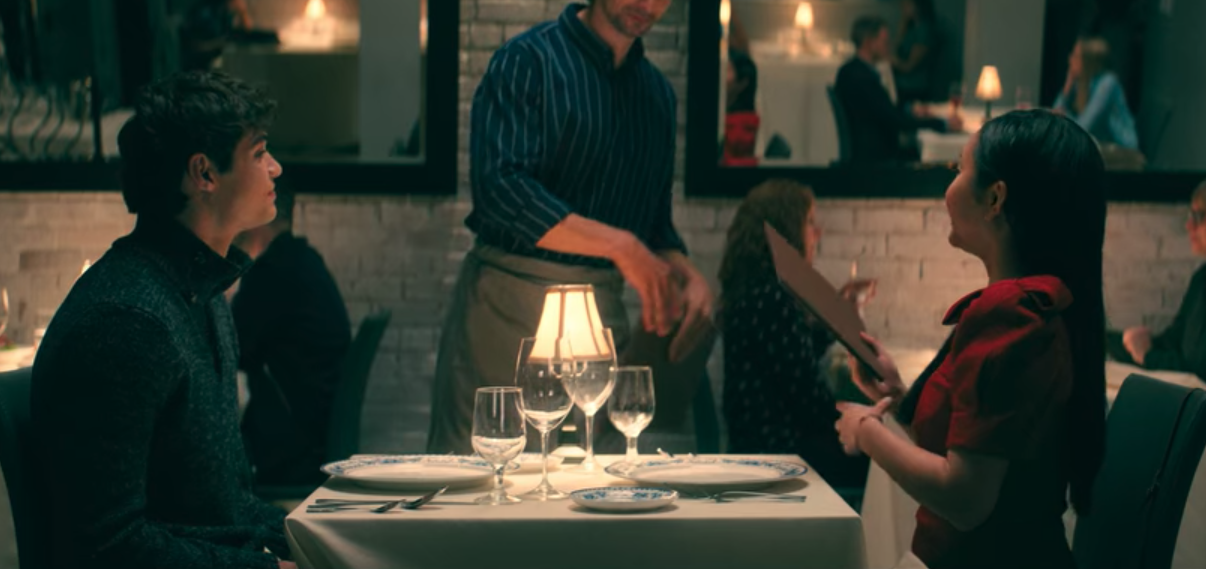
News
Summers Will Not Finish Semester of Teaching as Harvard Investigates Epstein Ties

News
Harvard College Students Report Favoring Divestment from Israel in HUA Survey

News
‘He Should Resign’: Harvard Undergrads Take Hard Line Against Summers Over Epstein Scandal

News
Harvard To Launch New Investigation Into Epstein’s Ties to Summers, Other University Affiliates

News
Harvard Students To Vote on Divestment From Israel in Inaugural HUA Election Survey
Unpopular Opinion: All Rom-Com Sequels are Bad

All rom-com sequels are bad. I cannot claim to have seen every single romantic comedy sequel, or make the executive decision that they are all individually terrible. But the rom-com sequel itself is conceptually flawed and needs to be retired.
Let’s consider what a rom-com aims to do in the first place. Romantic comedies are built to be pure entertainment. The comedic elements keep an audience engaged and upbeat while the romance provides some escapism, maybe even a window into the viewer’s ideal relationship. Whether the ending entails a confession of love, a proposal, or even a breakup, a rom-com always leaves its audience with a “happily ever after.”
Let’s then consider the premise of a sequel: to build on the broader universe of an original story.
What does an “expanded universe” look like in a romantic comedy? If the first movie ends in a wedding, does the second movie show the same couple applying for a mortgage and driving their kids to preschool? Where’s the escapism in that?
Some sequels knowingly go through the motions of the first film again. But what reason would there be to repeat the plot of a rom-com? Maybe the couple has broken up by the time the sequel starts and the protagonist now has to find love again, but that just destroys the entire story that was originally established.
Let’s look at some concrete examples. Recently, Netflix released a sequel to their rom-com smash hit “To All the Boys I’ve Loved Before.” The first movie ended as all high school rom-coms should, with Lara Jean Covey and Peter Kavinsky kissing on a football field. The sequel falls squarely into the “expanded universe” category, as we see the beginnings of Lara Jean and Peter’s newly official relationship. But because it’s a movie, and movies have to find a way to create tension and drama to bring the story to a climax, the two almost break up! Why make a sequel if it risks destroying the picture-perfect relationship that drove the first film?
Or take the “Legally Blonde” sequel, “Red, White & Blonde.” This franchise goes the route of rendering the original romance entirely pointless in the plot of the sequel. Elle and Emmett aren’t even in the same room for most of the movie — all the romance we see is them figuring out wedding details over the phone. In my book, it doesn’t even qualify as a rom-com.
Finally, let’s look at the “Miss Congeniality” sequel, “Armed and Fabulous.” The love interest from the first movie, Eric, doesn’t even appear in the sequel as he breaks up with Gracie over the phone within the first 20 minutes. The sequel essentially goes through the motions of the first film all over again. What’s the use of making a sequel in the first place if it regurgitates the plot of the original?
Rom-coms often get a bad reputation for being too vapid, but their unique element of mindless entertainment gives them value. What is truly vapid is the concept of creating a sequel to stories which have already reached their clear, rightful conclusion. Let the stories end where they end, and let the audience imagine the perfect future that awaits our protagonists.
— Staff writer Julia Kennish can be reached at julia.kennish@thecrimson.com.
Want to keep up with breaking news? Subscribe to our email newsletter.
